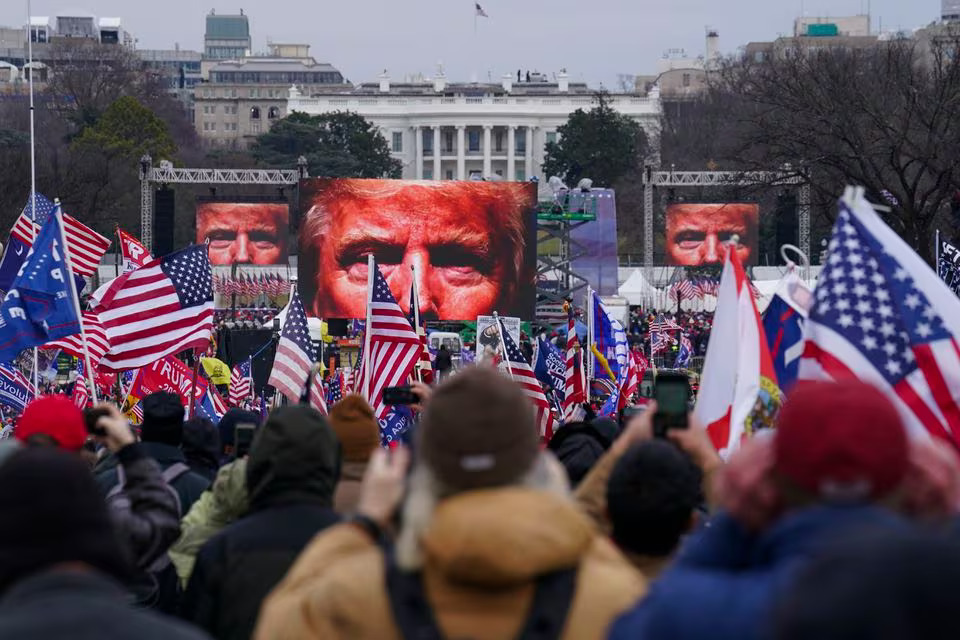On Thursday, the Supreme Court will hear oral arguments in Trump v. Anderson, also known as the 14th Amendment Disqualification Clause case. When a violent mob stormed the Capitol on Jan. 6, 2021, most of us watched with frozen horror.
But Civil War historians turned their attention to Section 3 of the 14th Amendment, designed to bar former Confederates from holding public office during Reconstruction. Although this history may not be widely known, Section 3 is pivotal to the Colorado case and has been extensively explored by numerous historians who signed amicus briefs detailing its significance.
Professor Manisha Sinha, among 25 historians who signed one such brief, also had her work cited in a separate amicus brief.
Sinha, who holds the James L. and Shirley A. Draper Chair in American History at the University of Connecticut, and serves as president-elect of the Society for Historians of the Early American Republic, discussed the matter on a recent episode of Amicus. Here is a condensed version of our conversation for clarity.

Dahlia Lithwick: The court has various options to consider beyond the core issues historians have raised. Sean Wilentz presents a comprehensive critique in the New York Review of Books, but your brief focuses on two main questions.
Firstly, does Section 3 encompass the presidency when it mentions an “officer”? Secondly, does Section 3 necessitate enabling legislation from Congress? Can we address the first question, particularly the historian’s perspective on whether the presidency falls under the definition of an “office” in Section 3?
Manisha Sinha: Most historians studying the period agree that Section 3 applies to the presidency and vice presidency, especially given the failed treason trial of Jefferson Davis. The decision not to prosecute Davis, possibly due to political considerations, raised concerns among those eager to run for office, such as Salmon Chase.
By 1868, it was evident that prominent Confederates would face no consequences for their actions. Section 3 aimed to address this issue, disqualifying those who committed insurrection from holding office, as they violated their oath to the U.S. Constitution. While some may argue about due process, this qualification stands regardless.
Regarding the need for enabling legislation, the only legislation contemplated by Section 3 is amnesty. This avenue remains open for Trump—win both houses of Congress, secure a two-thirds majority, and pass an amnesty law.
However, suggesting additional requirements like a trial contradicts the Constitution’s fundamental principles. Disqualification based on treason is a basic qualification for federal office, requiring no further proceedings.
Another historian’s brief, which references your work, extends this argument, emphasizing the forward-looking aspect of Section 3. It posits that the framers aimed not only to address past insurrections but also to prevent future ones. This broader perspective suggests that Section 3 isn’t solely a response to historical events but also a safeguard for democracy’s future.
This broader perspective suggests that Section 3 isn’t solely a response to historical events but also a safeguard for democracy’s future.
Many express concern that disqualifying Trump could exacerbate tensions and disenfranchise his supporters permanently. However, history shows the danger of allowing one party to be held hostage in a two-party system.
Abraham Lincoln’s stance against the expansion of slavery offers a pertinent example. He opposed the idea of leaving slavery’s fate to the popular vote, viewing it as a moral wrong that should not be subject to democratic whim. In essence, adherence to the rule of law is paramount, especially when facing a potential threat to democracy.

